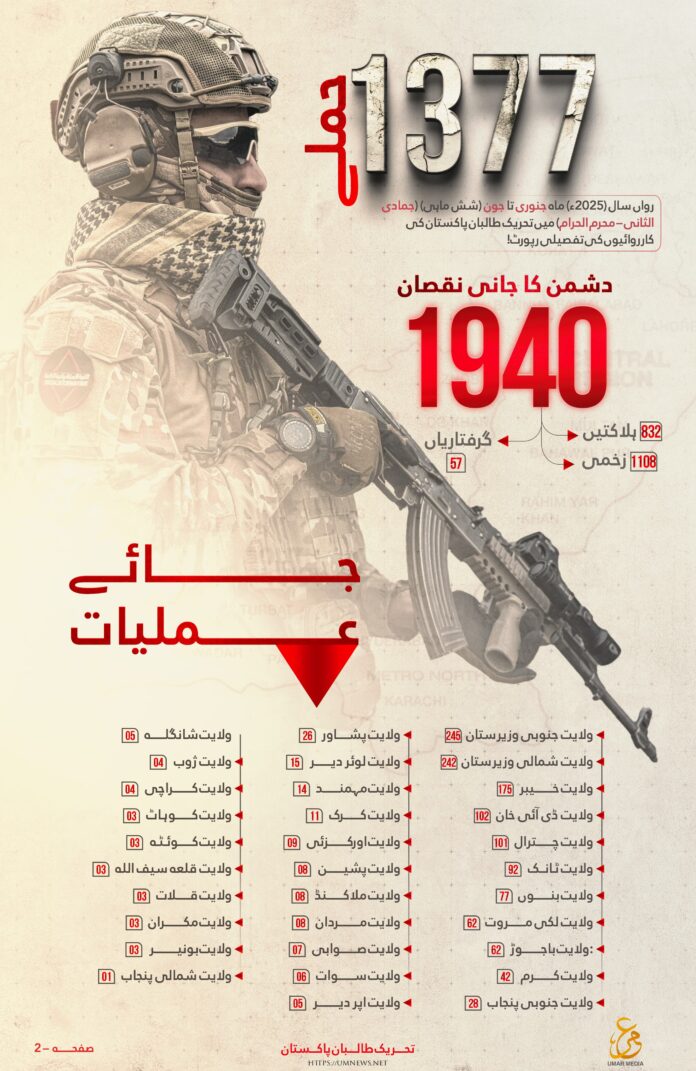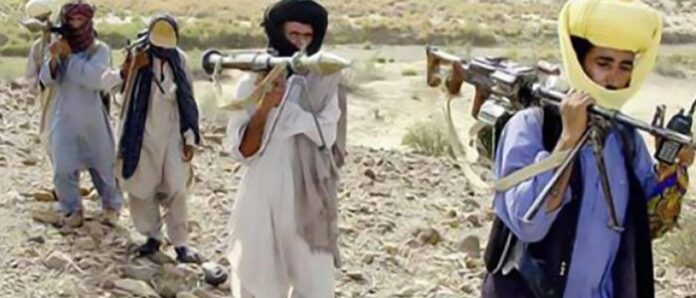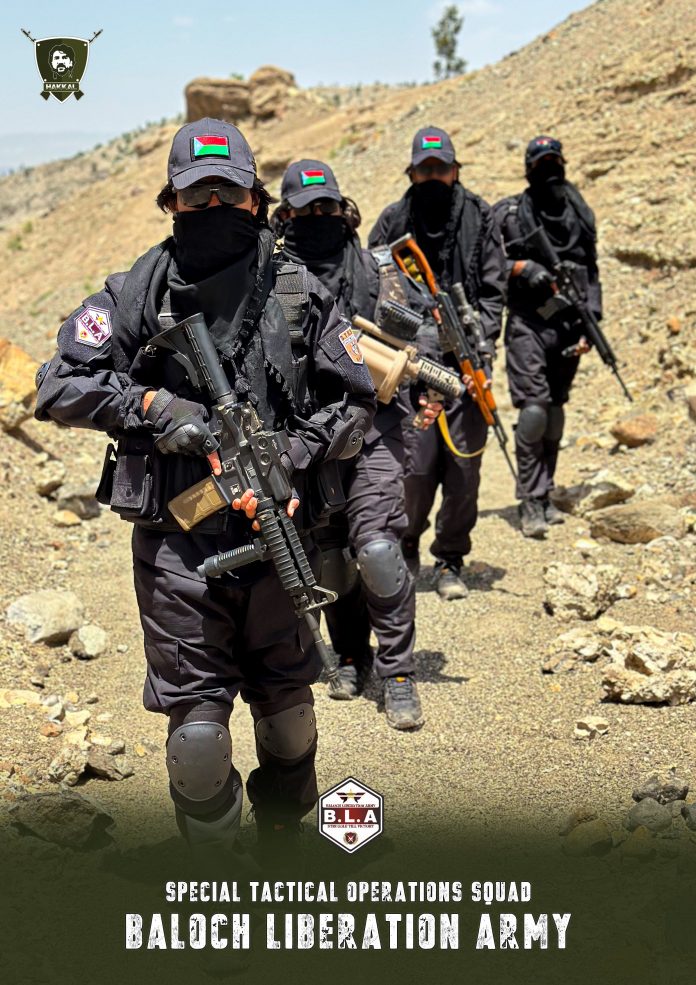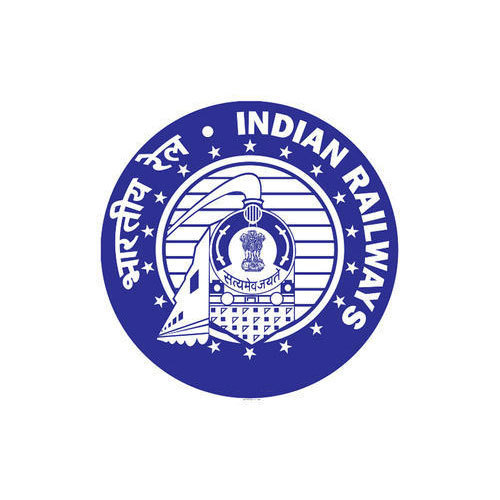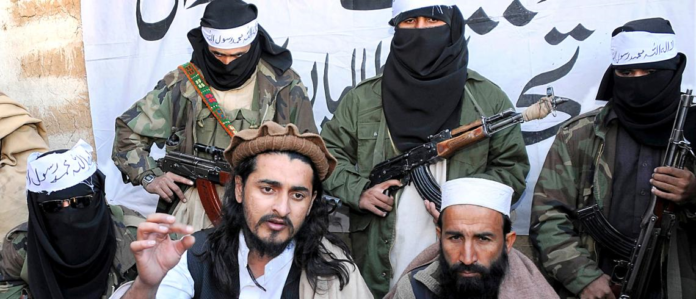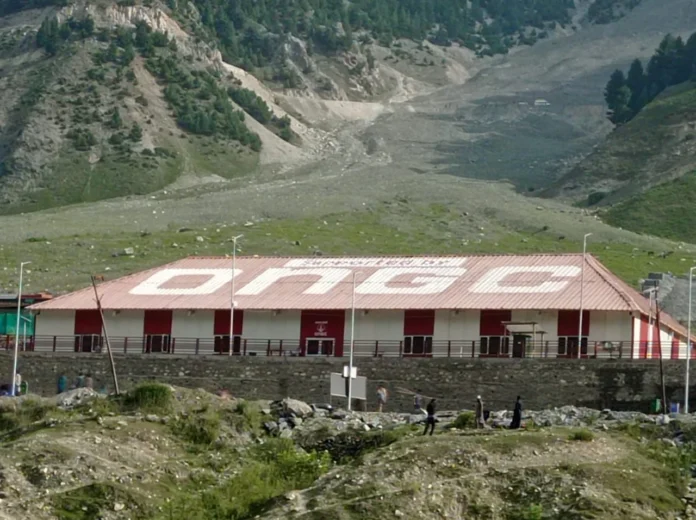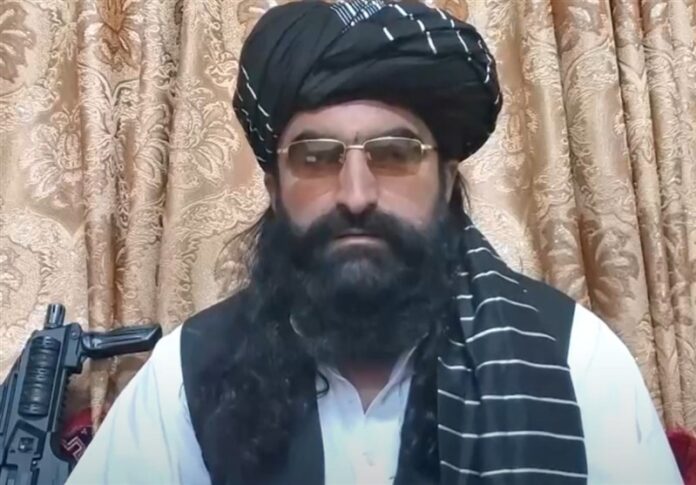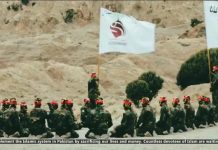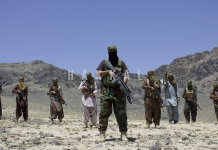Peshawar, July 10 (NVI) Tehreek-e-Taliban Pakistan (TTP) today said it killed 832 Pakistani army men and other security personnel and wounded 1108 over a period of six months from January to June this year.
These casualties occurred during 1377 armed encounters with the Pakistani forces, TTP said in a statement.
The detailed statement issued by TTP spokesman Muhammad Khorasani said 932 of the dead/injured belonged to the Pakistan Army and Special Services Group (SSG), 517 were from the paramilitary Frontier Corps (FC), 450 were from the Police and Counter-Terrorism Department (CTD), 41 were Secret agents or so-called ‘Peace Committee’ members.
At least 57 ‘enemy’ personnel were arrested, Khorasani said.
These 1377 operations resulted in damage and destruction of 22 military structures, 125 military vehicles, 7 armoured vehicles, 5 motorcyles, 246 CCTV cameras, 20 Drone cameras among other things, according to the statement.
The equipment captured from the enemy during these operations included 3 rocket launchers, 51 AK (Kalashnikov) rifles, its 20 magazines, 15 Military guns, 7 G3 Guns, 1 each Pika Gun, Mortar, LMG, M4 rifle, 9 Vehicles, 4 Motorcycles, 4 Pistols, 3 Drones, 3 Wireless Sets, 3 Thermal Telescope, 2 Night Vision Telescopes, 2 Trucks, 2 Mobile Phones, 2 Binoculars/Security Cameras and thousands of bullets and other military equipment, it said.
The places where these encounters occurred included South Waziristan (245), North Waziristan (242), Khyber Agency (175), DI Khan (102), Chitral (101), Tank (92), Bannu ( 77), Lakki Marwat (62), Bajaur (62), Karam Agency (42), South Punjab (28), Peshawar (26), Lower Dir (15), Mohmand province (14), Kirk (11), Orakzai (9), Pishin (8), Malakand (8), Mardan (8), Swabi (7), Swat (6), Upper Dir (5), Shangla (5), Zhob (4), Karachi (4), Kohat (3), Quetta (3), Qila Saifullah (3), Qalat (3), Makran (3), Bunir (3) and North Punjab (1).
The type of operations included Sniper/Laser Attacks (532), Guerrilla attacks (436), Ambush (113), Counterattacks (136), Grenades/bombings (94), Targeted Attacks (470), Missile attacks (17) and Suicide attacks (2). (NVI)

